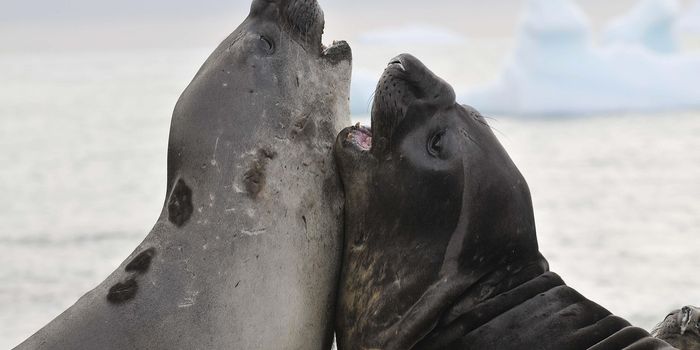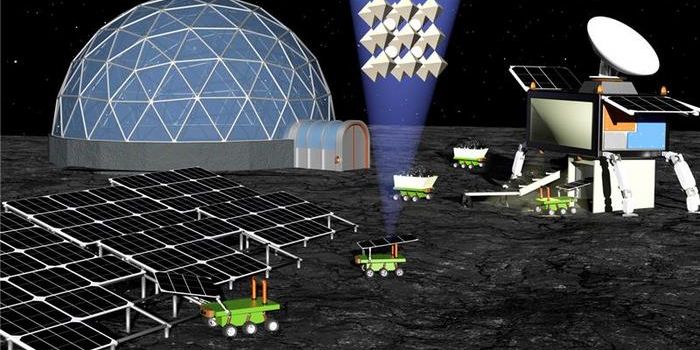Starting in 2017, San Francisco residents and visitors will be drinking their coffee and sending their packages without the help of styrofoam. The San Francisco County Board of Supervisors unanimously passed a
ban last month on the sale of polystyrene foam, popularly known by the trademarked name Styrofoam. This includes foam packing, cups, packaging peanuts, and mooring buoys. The ban extends a 2006 ordinance that ordered prepared-food merchants to stop using all polystyrene containers.
While the products included in the San Francisco ban are often colloquially referred to as “Styrofoam,” the ban does not apply to trademarked Styrofoam products, which are used for insulation and construction materials and some craft products.
Following the vote, Board of Supervisors President London Breed wrote on her Facebook page, "I just passed the toughest anti-Styrofoam law in the country and we did it unanimously. This is a huge step for our environment and health. San Francisco is on our way to leading the country on environmental policy—again!"
Polystyrene is a nightmare to recycle because it disintegrates slowly in landfills, taking centuries to break down. Although there are several polystyrene recycling centers in San Francisco, such as GreenCitizen and Recology, they can only make a small dent in the 25 billion polystyrene to-go cups Americans throw away annually.
What doesn’t make it to landfills ends up in the ocean. Environmentalists are also concerned about polystyrene foam looking like fish eggs to hungry predators. "The main challenge posed by Styrofoam is that it breaks into tiny little pieces, especially outside in the sun when it photodegrades," Allison Chan, the Clean Bay Campaign manager for the Oakland, California–based organization Save the Bay, told TakePart. "It looks more and more like food and makes them feel full and really, they're malnourished and they can die from that condition."
This ban comes in the scope of San Francisco’s “
zero waste by 2020” goal. The city has also started to tax cigarette purchases in order to fund the cleaning cigarette butts off sidewalks, and it requires new buildings to have water-bottle filling stations. More than
100 cities, including Seattle, St. Louis and Miami, have banned polystyrene foam packaging partially or completely.
Sources:
EcoWatch,
The Huffington Post,
Time Magazine










